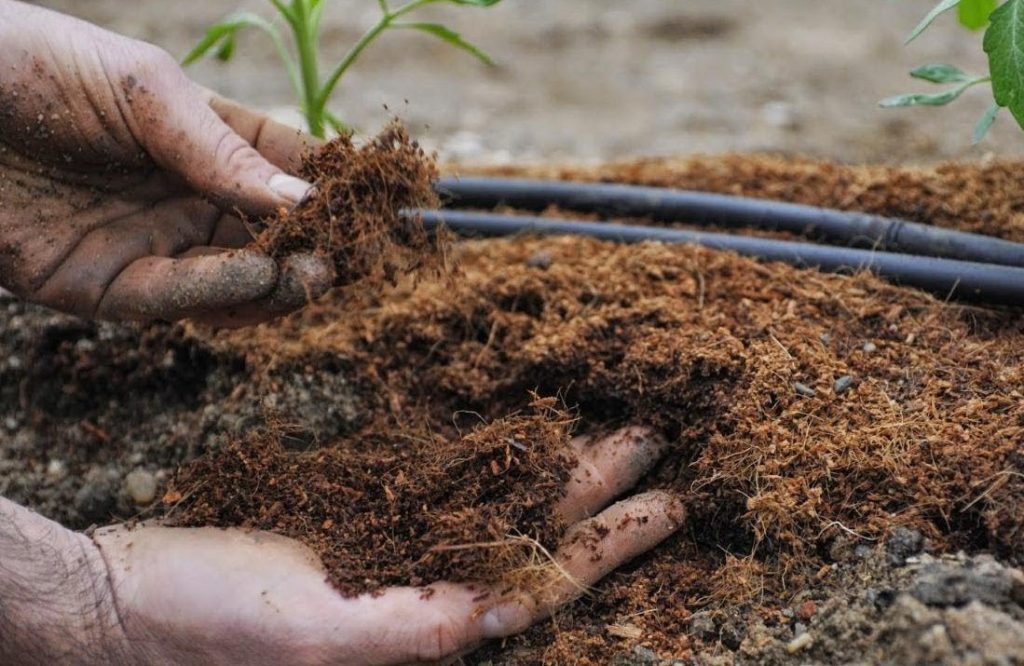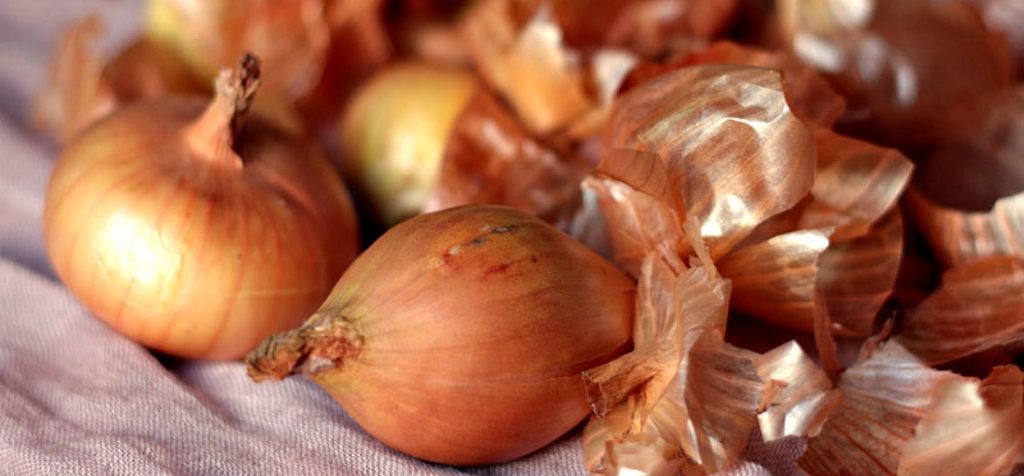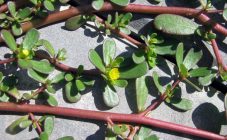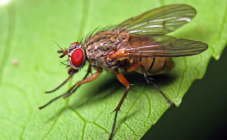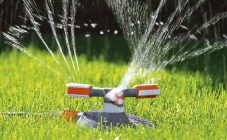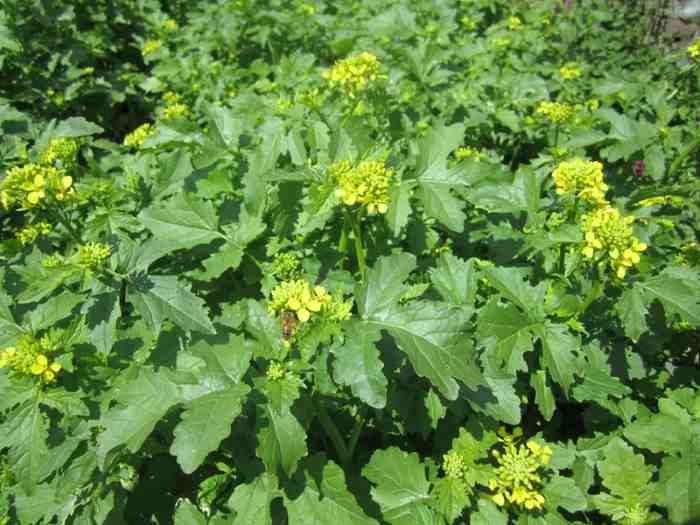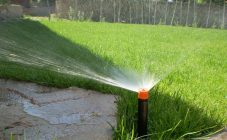Content:
This folk remedy for use in the country when growing various crops has been known for a long time. Top dressing with onion husk infusion allows you to get a larger yield, since it has various necessary nutrients that it transfers to the soil. In addition, it is a natural fungicide, which makes it also suitable for pest control.
Useful properties of onion peels
Many consider the husk from the bulb to be waste, but it contains a large amount of mineral and biologically active elements that are necessary for nutrition and a good harvest of plants. They have a tonic effect, protect plants from various diseases and pests. All this makes the onion peel an excellent fertilizer, which is also free (it is enough to grow the onion and then save the peel from it). The presence of anti-inflammatory, immunostimulating and regenerative effects of the described substance is due to its composition.
Onion peels contain the following elements:
- Carotene, which is a natural antioxidant, thereby preventing the development of negative processes in various plants. Many people believe that carrots are rich in this substance, but it is also enough in onion peels. Spraying seedlings with it allows you to get a culture that is more resistant to diseases, forms its resistance to them, and painful sprouts, thanks to carotene, can recover and provide a good harvest. Scientists have proven that this substance has an immunostimulating effect that can be used to destroy various harmful substances and elements, for example, rot and fungus;
- Phytoncides, which serve to protect onions from pests and diseases. They are concentrated primarily in its peel, so it can be used to help other plants. It should be noted that among various cultures, these substances are found in large volumes in onions, or rather in their husks. In the garden, phytoncides are actively used to combat fungi and bacteria;
- Vitamins. Onion is the richest in vitamins of group B, which provide the healing effect of the culture, both on the human body and on other plants. Experienced gardeners use husk infusions, which contain a large amount of these vitamins, for watering seedlings. This significantly increases the rate of its growth, strengthens the stems and leaves, the roots of such plants are not subject to rot;
- Nicotinic acid, which is necessary to increase the efficiency of the process of processing sulfur and nitrogen, which are contained in the soil and are the main components of plant growth and maturation. In addition, it is required for almost all oxidation reactions in living organisms, which include plants. Its presence improves the development of the root system, this is especially important for obtaining a high-quality and good harvest from any crop.
The use of onion peels for fertilizing the garden
This natural fertilizer, or top dressing, is very useful for growing tomatoes.It protects them from rot of various types, helps to strengthen the stems, makes them less brittle. The tonic effect is to ensure a higher yield of tomatoes.
Onion peel as a fertilizer for growing tomatoes begins to be applied almost immediately after planting seedlings (enough for several days to pass). The recipe for the infusion is very simple: pour boiling water over the onion peel in the proportion of 1 cup boiling water to 2 cups of husk, put it in a cool place in the room for 2 days. After the composition is infused, it should be filtered and diluted with plain water in a ratio of 1 to 3. It is recommended to water the seedlings in a volume of 0.5 liters for each bush. When the plants grow (their age reaches 1 month), the amount of infusion can be increased to 1.5 liters. After several waterings with the composition prepared according to this recipe, the results will become visible - the tomato bushes will get stronger, if they had yellow foliage, it will disappear. It is recommended to feed tomatoes with such an onion infusion a second time when they are gaining color.
Onion peels for the garden are also used in the cultivation of cucumbers. It can be introduced into the soil at the time of digging the beds in the spring. The amount of top dressing is required in the following ratio: 3 liters of infusion per 1 square meter of soil. Also, onion peels are often used when planting cucumbers. This fertilizer helps protect seedlings from fungus, mold and other diseases.
Watering and feeding seedlings with a decoction of husks
Fertilization with an aqueous extract helps to improve the structure of the soil, since it enriches it with various substances and microelements that are necessary for the growth of garden crops. They feed the plants when watering. For this purpose, an infusion is specially prepared (one liter of husk is poured with eight liters of boiling water). Next, the container should be placed in a cool place and closed with a lid. After a day, the infusion can be used for watering, after diluting with plain water in a 1 to 5 ratio.
The main trace elements that are contained in onion peel are copper, iron, manganese, magnesium, boron and a number of others. They have an immunostimulating effect and prevent various diseases. The listed trace elements are useful for all crops grown in gardens and vegetable gardens: for potatoes, peppers, strawberries, and so on. In addition to improving the quality of the crop, fertilization with onion peels can increase the duration of the fruiting period.
Onion husks are also useful when growing melons, since they are often affected by rot. Repeated processing of these plants with onion peel infusion can significantly reduce the likelihood of diseases. The recipe for the solution is the same as for the tomato.
The husk also effectively fights against such a serious disease as black leg. It may well replace almost any existing chemical. Using a natural, environmentally friendly product, you can be sure that no harm will be caused to the health of consumers.
Downy mildew is a significant danger for cucumbers. It can infect a plant at any stage of growth or maturation. As a means of combating it, many recommend onion peel.As soon as signs of illness appear, the planting area should be immediately sprayed with the appropriate infusion. Re-spraying is recommended after 5 days.
This folk remedy also helps against bacteriosis of cabbage or radish. When the first signs of the disease are found, immediately water the foliage of plants with an aqueous extract abundantly.
The use of husks against pests
Many gardeners do not use chemical plant protection products from pests due to their unwillingness to harm their health, and they do not know what other remedy can also effectively scare away insects from a plant. One of the simplest, but at the same time effective means is onion peel.
Experienced gardeners use it to protect shrubs and other crops from aphids, spider mites, moths, and so on. The described product does not have any negative effect on the ripening process of fruits, and in order to scare away insects, it is enough just to spray the bush with a specially prepared decoction consisting of husks (one bucket), laundry soap (several pieces) and plain water (two buckets). Pour the peel with boiling water, insist for a day, add soap shavings to the solution (stirring the infusion until it is completely dissolved) and then you can spray the plants. This should be done for one to two months, every week.
A remedy is also used against the Colorado potato beetle. To do this, three handfuls of peel are enough, pour them with water, bring to a boil, then you need to keep the broth over low heat for five minutes and after 4 hours it can be used to process the potato field (it must first be diluted based on the proportion of 2 liters of the product for a bucket of water).
Recommendations for use
Many do not know how the onion husks are useful for the garden, so they just throw it away or burn it. This, as it turns out, is an excellent top dressing, fertilizer or medicine for plants. It supplies the soil and root system with the necessary nutrients and trace elements, repels pests, and increases the fruiting period.
The main method of application is an infusion or decoction of the peel. There are many recipes for its preparation, but the main recommendation is the same: before watering or spraying, the infusion must be diluted (for the same reason, too frequent use of such fertilizer is not recommended).
Thus, if after harvesting there is an onion husk for the garden, you can think of how to use it. You don't need to throw it away or burn it on purpose.
